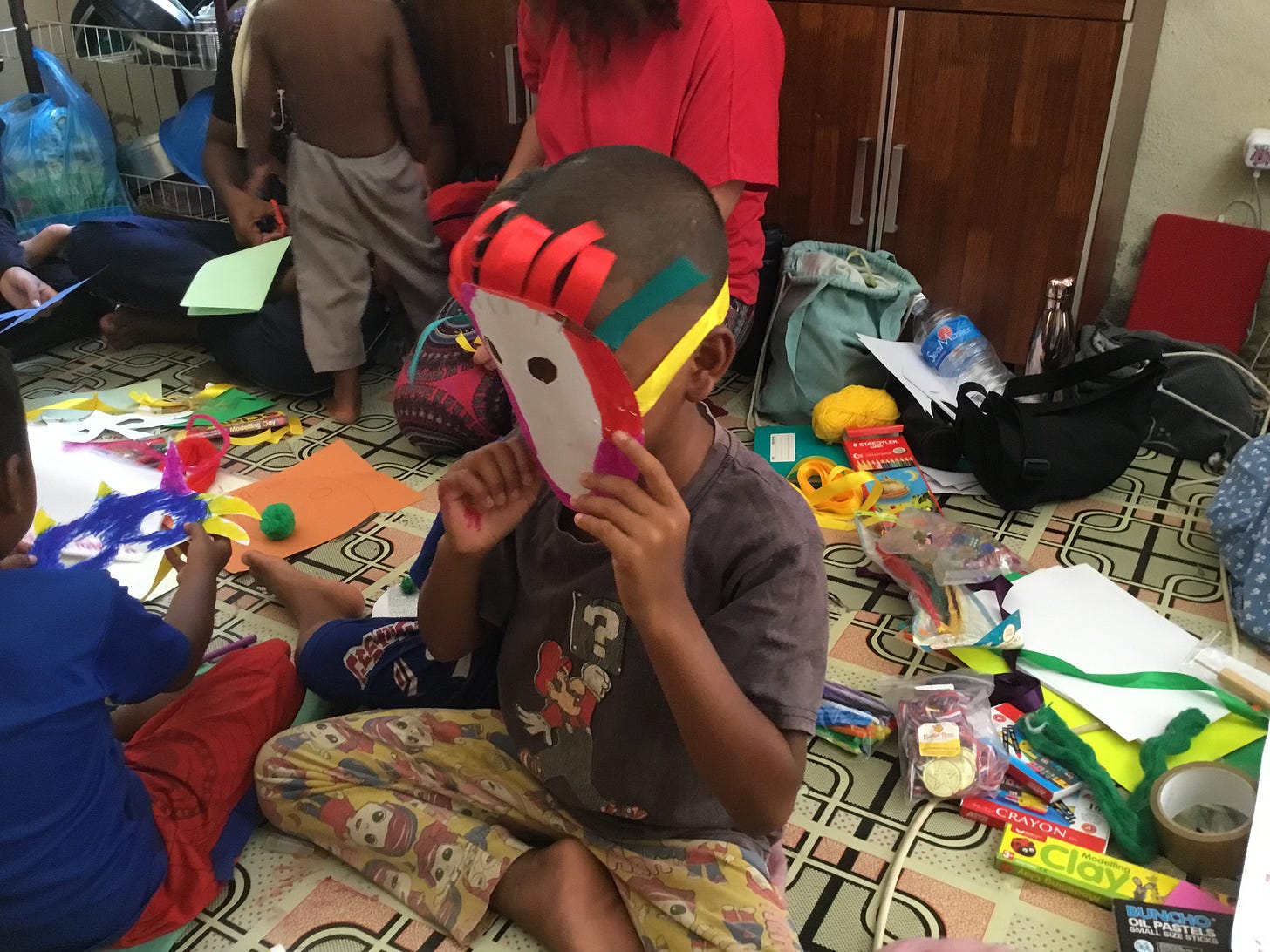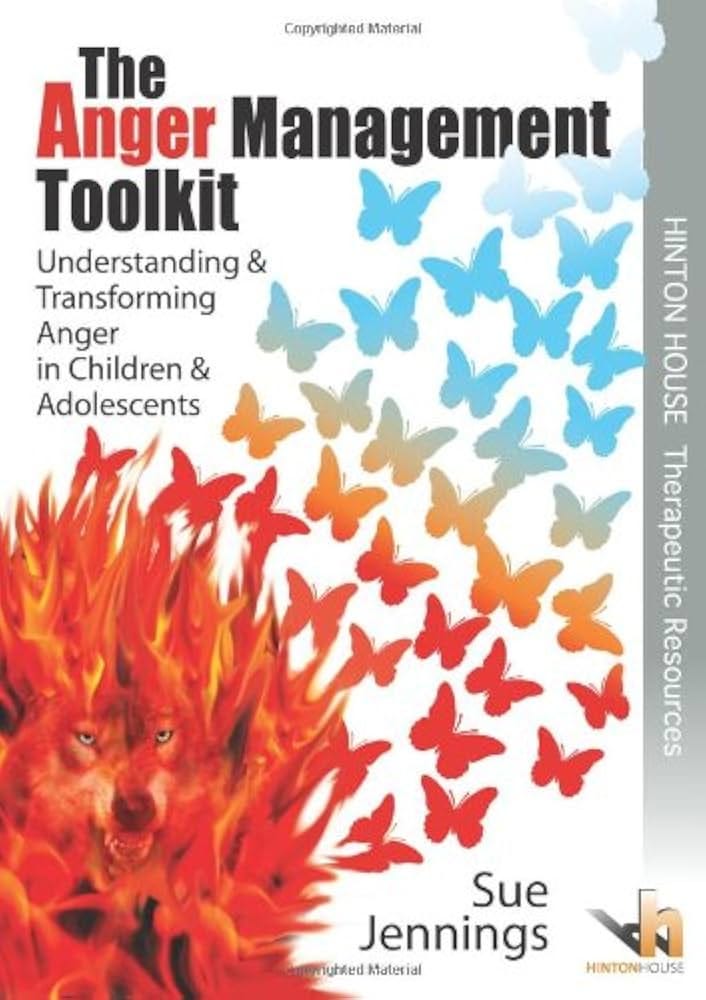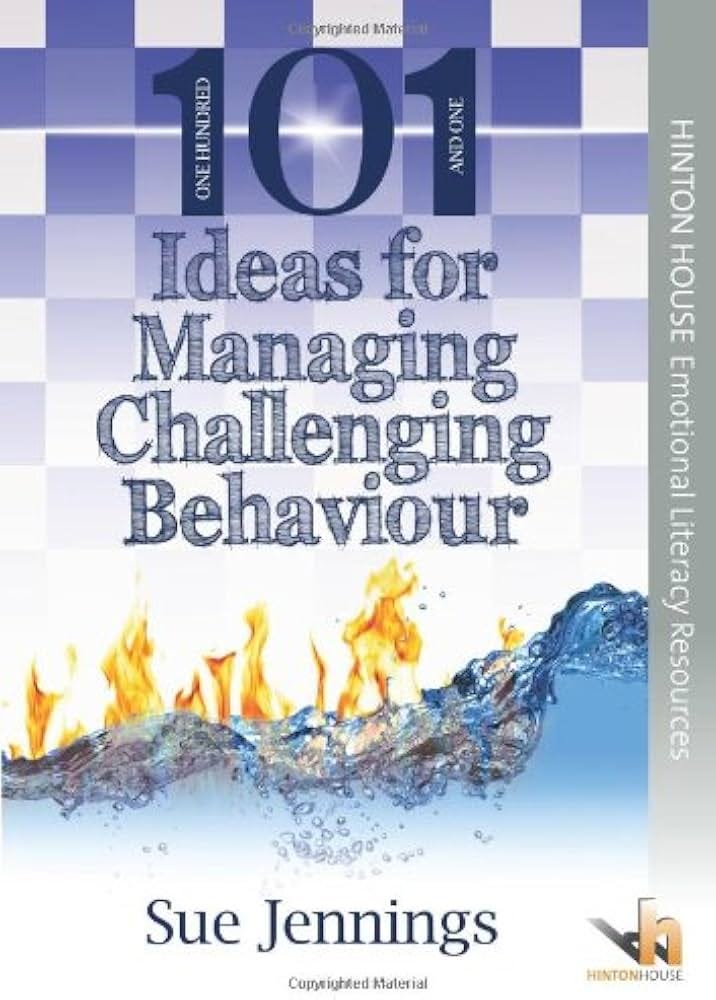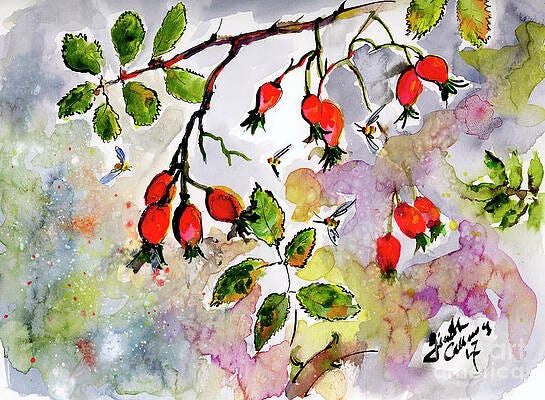So, well and truly settled back from our wonderful trip – and people are already inquiring about the next trip in 2026! It took some adjustment with initially the cold UK temperatures and the seeming chaotic state of the country. Life suddenly seems full of unnecessary things! At least it has warmed up some now!
I think about the Hibiscus which is the national flower of Malaysia.
Wonderfully vibrant colours in flora and fauna, and clothing, especially sarongs.
We have just heard that there are proposals for building a dam at Gua Musang, a town near where we were staying. This would be disastrous for the Temiar peoples in particular, as it would destroy their ancestral lands. These people are always having to live with anxiety of selfish events that are out of their control. Historically the Orang Asli lived on the coastal planes of Malaysia, until invaders drove them inland. Why not allow them to live in peace, with their model of responsible child-rearing, and their belief in care and share, which makes for a very calm and stable village?
With Love,
Dr Sue
(June (2) 2024)
Bits & Pieces
The first International Day of Play was on 11 June 2024. I presented two webinars on Neuro-Dramatic-Play. Over 100 people registered. Lovely curious delegates!
Wednesday 10 July, 1800-1930 (UK time): Announcing our next Consultation, free for paid members - do let us know you are attending by email using the button below; this is an opportunity to bring questions about NDP practice or research or struggles with clients. You set the agenda!
We have some exciting new webinars coming up this summer – just the right thing if you are at a loose end and want to top up your CPD! Wherever you are. Some of the webinars include a free book on the topic which makes them amazing value! Put the dates in your diaries now. They will soon be available to book and we will send out links as soon as they are live.
1. Anger Management, Monday 22 July 1200-1330 OR Saturday 27 July, 0900-1030. Includes book: ‘The Anger Management Toolkit’. Cost: ONLY £35. (If you prefer the course without the book, £25).
2. Managing Challenging Behaviour: for older children and young people, Wednesday 7 August, 1200-1330 OR Saturday 10 August, 0900-1030. Includes book: ‘101 Ideas for Managing Challenging Behaviour’. Cost: ONLY £35. (If you prefer the course without the book, £25).
3. Children and Young People who Self Harm: working with Creativity and Play, Wednesday 14 August, 1200-1330 OR Saturday 17 August 0900-1030. Cost: £25.
Main article:
NDP and Forms of Play (continued)
We have discussed the basics of NDP in previous Newsletters, namely: Water Play, Rhythmic Play, Messy Play and Dramatic Play. Although water play probably starts it all off, these contrasting play-forms start and interact with each other, rather than following a developmental pathway.
“Rhythmic play usually gives safety and security, and messy play is the adventure for the curious!” (Jennings 2024)
There in the background is the steady heartbeat, slowing down at night, speeding up again. Alerting us to danger when it beats really fast, calming us down when it slows to gentle rhythm, influenced by our breathing. One reason that bubble blowing can be helpful during any fear episodes, is that you need a deep, slow breath to make the bubbles happen.
Rhythmic Play: so we are calm with our heartbeats, and we are rocked in arms or cradles:
Dramatic Play of course leads to Drama: we notice how babies love to ‘dance on the lap’ at about 6 months old, well before they can walk. The late Richard Courtney pointed out that at around 10 month, infants imitate other people, a significant moment in the child’s dramatic development, (see Courtney 1968 or Jennings 1999 for the full checklist). Remember if we can play the role of the ‘other’, we can understand the ‘other’, which then helps us develop empathy. Teachers continue to tell me that many children are showing more and more that they are unable to express empathy. (Empathy: I explore in detail in my book ‘101 Activities for Empathy and Awareness’ available through me at a substantial discount).
I continue to be impressed with the book I mentioned last time ‘Your Brain on Art: How the Arts Transform Us’, as they say in relation to drama and theatre:
‘Drama helps with perspective taking and empathy building, which are vital to executive function. In the case of theatre, student actors are being asked to inhabit roles, to sympathize with characters, and to collaborate closely with other students in order to realize a shared outcome – the play.’
Plenty to think about!
With love,
Dr Sue
More Bits and Pieces…
Reminder: we are now taking applications for our Self-Guided NDP Diploma! You may have already applied; in which case you will hear from us shortly as the Admissions Committee are now looking at applications on a regular basis. Otherwise send in your form in order to be able to study at your own pace and in your own time!
Reminder: Applications are also now open for the autumn intake of the Live NDP Diploma and we are rapidly filling places. If you would like to find out more about the course do click the button below and submit your application form soon. We have generous scholarships for this course but these are limited and being allocated quickly, so do apply soon if you would like to apply for one.
Just a little nudge and a plea! – Please do consider becoming a member of The Nest, a paid subscriber! Not only does it help me as a writer – you also gain more, with additional articles and techniques, free webinars and 10% discount on any UK training. Thanks!
And finally, our bed-time story. This time it is more about life at a rural school after WW2.
Miss Penny-Weather’s Country School
The Story of Jimmy Swift, the Boy from Somerset:
Miss Penny-Weather’s Country School story is based on events that the author experienced or that she heard about as a child in post-war Britain. It creates the atmosphere of the rural school and is a useful addition to lessons about social history. It will be published as a book later this year.
Episode 3…
Jimmy Swift, Miss Penny-Weather and the children, were getting used to a new arrangement whereby Jimmy and his dog, came to school twice a week while the family barge was slowly travelling through the canal locks. The barge delivered heavy things such as coal and wood and would bring things in each direction to factories and farms either end of the canal. Jimmy’s family lived on the barge - Mum and Dad, and baby Sally - and Jimmy was expected to help out with the loading and unloading, as well as washing down the deck to keep it clean.
On this Tuesday, Jimmy ran up the school path and was surprised to find there were no children playing in the playground; maybe he was very late, he was thinking to himself. He sat his dog to the side of the door and went quietly into the cloak room, which led into the classroom. There were still no children, and no Miss Penny-Weather. He was about to leave when Miss Penny-Weather herself emerged from a cupboard where she had been unpacking exercise books. ‘Jimmy’, she said, with a big smile, ‘How nice to see you.’ Jimmy also smiled, the teacher always made him feel welcome and relaxed in the school, not like life on the barge, which could be very tough.
‘Where is everybody?’ asked Jimmy, ‘Are there no children today?’ ‘They are all out picking rosehips, which we do for the government, as they contain lots of Vitamin C. More Vitamin C than oranges,’ said Miss Penny-Weather. She could see that Jimmy looked totally confused and had not understood a word she had said. She thought for a moment and then went to fetch two books from the school library. ‘Bring your chair next to mine,’ she said, and sat at her desk. She explained how people needed vitamins to be strong and healthy and that Vitamin C is good for bones and teeth, and for repair of tissue, and much more. She opened a picture book that was called ‘Know your Garden’; she knew that Jimmy could not read yet, so she was looking for a picture of a rose bush, which she showed him.
‘These are the garden roses,’ she explained, ‘and when the rose petals drop off, it leaves this red berry, which we call the hip. The hips are full of Vitamin C, so that is what the other children are collecting today, from the wild roses that grow in the hedgerows.’ She opened the other book that was called ‘Fruits that We Eat and Where They are Grown’ and showed him a picture of an orange and told him that it was grown in many hot countries such as Greece, Spain and lots from Brazil. ‘Oranges don’t grow in England, so we have to import them from other countries, mainly Spain,’ Miss Penny-Weather said,
‘Please come in quietly and settle down,’ she called, as the other children returned from their expedition. ‘Paper monitors, please give everyone a sheet of clean paper, because you are going to draw the rosehips in the hedgerow, and write something about today. Can I have two sensible people to help me weigh the rosehips?’ Jimmy put his hand down again when he heard her say, ‘people who can read please’.
He started his drawing of what he had seen in the book, but looked up to see the weighing, as children bought out their bags or boxes with their rosehips. He was very surprised to see that they were being paid, three pennies* for a pound of hips. His mind started turning, he hoped they would be picking hips again. What a lot of information he had learned today. He was sure his Mum and Dad would be pleased if he could earn some pennies, although they probably wouldn’t buy oranges.
Miss Penny-Weather called out, ‘The next rosehip picking will be on Thursday. Please come to school early. Jimmy smiled, he would have to run but he would make it, he couldn’t wait!
He finished his rosehip picture and imagined the hedgerow where they grew; he enjoyed drawing and Miss Penny-Weather always praised his drawing and painting. It was no good taking his pictures back to the barge, no-one was interested, and there was nowhere really to hang them. So they stayed in his folder in the cupboard. He heard his dog bark, time to go, the barge must be near.
‘Don’t forget to be early for rosehips,’ called Miss Penny-Weather, and Jimmy waved as he slipped out of the door to join his family on the barge. His main thought was that he would really like to read like so many of the other children. He was learning his letters and their sounds but he wanted to read a whole book! Now that would be useful at home, as none of the family could read.
Maybe he should talk to the teacher so he could learn more quickly! Let’s get the rosehips picked first, he thought to himself, as he waited to jump on the boat, after he had helped it through the final lock.
*3 pennies, for the modern equivalent multiply by 12 for an approximation, 35 pence.
(If you prefer to listen to these stories, they will shortly be available on YouTube ‘NDP Storytime with Sue Jennings’ and ‘Stories of Mouse and Mouse’)
Welcome to our Subscribers’ exclusive area with more news items, resources, stories and more. If you can’t see the below then please do subscribe and join us!
Keep reading with a 7-day free trial
Subscribe to Sue Jennings Presents to keep reading this post and get 7 days of free access to the full post archives.













